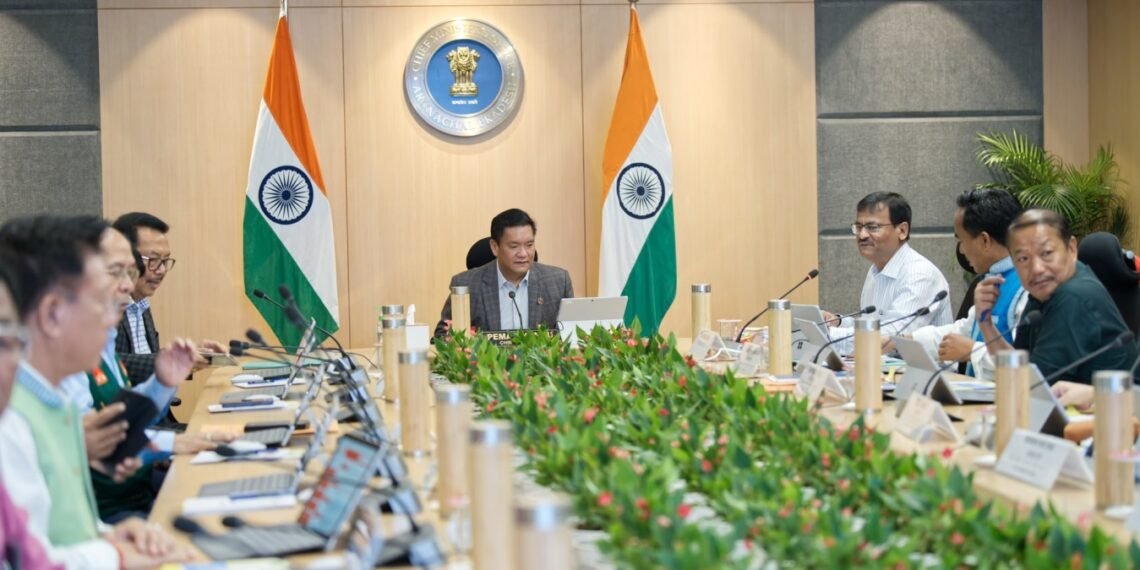GUWAHATI: In bid to promote Arunachal Pradesh as a preferred investment destination, the cabinet approved changes to the state’s Industrial and Investment Policy from 2020.
In a cabinet meeting chaired by Chief Minister Pema Khandu on Wednesday, updated policy offers special benefits, such as lower power costs for big industries, to attract more investors. It also makes it simpler for businesses to get the licenses they need and offers tax incentives.
“Team Arunachal has always believed in working with a wholesome approach. In today’s Cabinet meeting, we’ve amended our Industrial Investment Policy-2020 to attract more funds,” wrote Chief Minister Khandu on a micro-blogging website, post the meeting.
The changes also focus on new technology skills and making it easier for businesses to create jobs and develop different areas of the state.
In addition, the Cabinet made significant decisions in various domains, including a notable commitment to environmental and wildlife protection through the creation of a Special Tiger Protection Force (STPF).
This force will look after three important tiger reserves – Namdapha, Pakke, and Kamlang. They’ll have 336 dedicated positions to ensure the safety of these areas, fight wildlife smuggling, and protect the environment and forests.
“Our commitment to preserve tigers in the state is unwavering. The Cabinet nod to STPF with 336 regular posts will give a big boost to our ongoing efforts in taking care of Namdapha, Pakke and Kamlang tiger reserves,” added Khandu.
The Cabinet also agreed on new rules for transferring and assigning duties for medical officers and specialists. They also approved rules to handle solid waste and changes to the real estate regulations to make sure things are done properly.
A new group, the Arunachal Pradesh Home Guard Rules, will help manage the state better, and more jobs will be created in various administrative areas.
To support the state’s many different languages, the Cabinet agreed to give a monthly payment of Rs 1,000 for ten months of the year to teachers who teach languages that use unique scripts. This will help keep these languages alive and well, with 1043 teachers getting this support.















